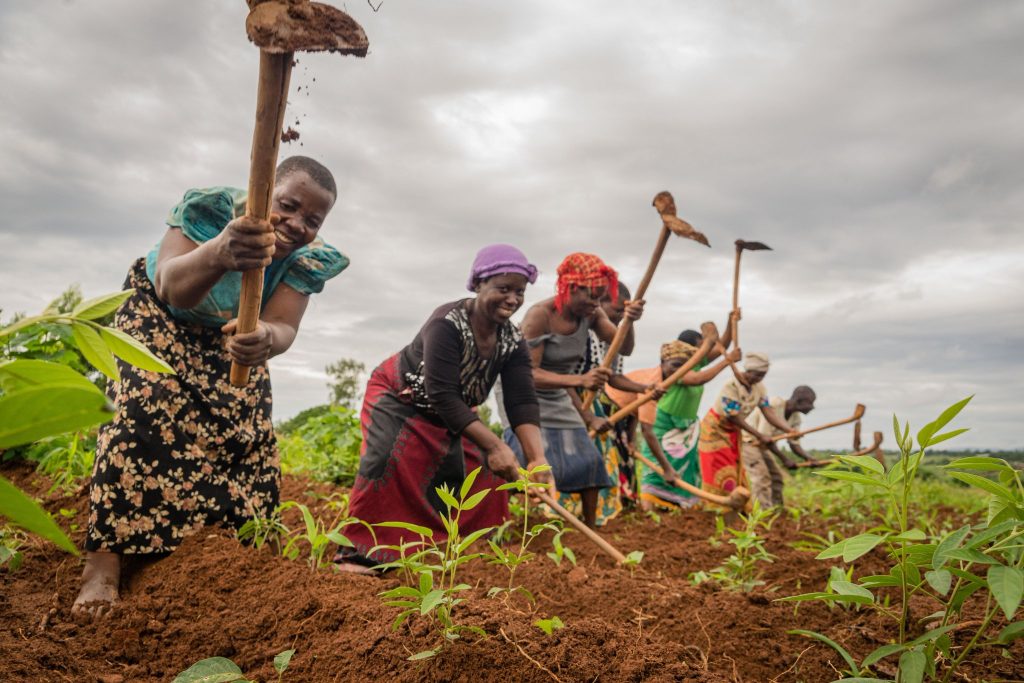Suppose evidence-based information provides information and the evidence needed to make decisions based on data and facts rather than business as usual. In that case, the Local Government Authority (LGA) 10 percent loans for women, youth, and people with disabilities call for meaningful and purposeful review to allow it to earn the projected domino effect.
The available facts inform us that billions of money end up in a puff of smoke every year, and recovery means are nowhere close to realizing even a pint of it. According to the Controller and Auditor General (CAG) report 2020/21, there were numerous irregularities in the management, disbursement, and recovery of the funds, something that poses a serious question on the efficiency and effectiveness of the loans in lessening unemployment of the targeted groups. CAG pointed out that about 155 councils failed to recover 47.01 billion shillings in the 2020/21 fiscal year of review.
The Local Government Finance Act, as revised in 2019 Section 37A (1), requires all Local Government Authorities (LGA) to set aside 10 percent of their budgets for the financial empowerment of groups of women, youth, and people with disabilities at the 4:4:2 ratio respectively.
The unrecovered fund for one fiscal year is too huge to vanish like that in a poor and struggling economy like Tanzania. This is not acceptable by any standards. Turning a blind eye to this evil practice is nothing but allowing cancer to spread throughout the body while you can stop it.
It’s illogical. It keeps pouring money into projects that have proved to be unsustainable. That is why it’s high time it reviews this policy and opts for alternative means with sustainable outcomes. And if there is anywhere to learn, it’s nothing other than the Kibowavi project.
The Kibowavi Project: The Farmer’s Savior
European Union funded Kibowavi project, a Swahili short form for Kilimo bora cha mbogamboga na matunda kwa wanawake na vijana (empowering women and youth in horticulture production and marketing) ability to turn unemployed youth and women into producers of nutritious final product in the horticultural value chain has offered a practical lesson for City, Municipal and districts councils to learn in the effort to combat unemployment in their localities.
The project’s 1.7 billion worth Mbeya Food Processing Park (MFPP) is an agribusiness-like incubator that is playing an imperative role in developing the technology and value chains that allow youth and women in small agricultural businesses to thrive in southern highlands regions of Mbeya, Songwe, and Katavi where the project is implemented.
Given the role, it projects as a key contributor to economies, boosting prosperity and reducing poverty. With the increased interest in supporting interventions aimed at accelerating agribusinesses, the project offers a realistic tutorial to councils that spend 10% of their local revenues as loans for women, youth, and people with disabilities in their respective areas of control.
Mbeya Food Processing Park (MFPP) is a strategic project conceived and financed by the Mbeya City Council and HELVETAS Tanzania under the Kibowavi project. It addresses the problem of insufficient value addition to Tanzanian horticultural products by equipping small-scale processors in Mbeya with the necessary processing and marketing capacity. It significantly enhances the targeted processors’ incomes and stimulates the overall regional economy across the horticultural value chain.
Located at the old Mbeya Airport in Lyela ward, the Mbeya Food Processing Park has buildings, milling machines, washing, drying, and storage facilities, a laboratory, and a spacious supermarket. Its existence gives tremendous industrial and entrepreneurial support to small and medium processors engaging in processing horticultural crops with shared high-standard machinery and other supporting facilities.
The cost of the Mbeya Food Park, which covers buildings and processing equipment, is 1.7 billion shillings, impacting the lives of many youth and women in the horticultural value chain. As the Vice President of the United Republic of Tanzania, Dr. Philip Mpango admitted on the facility’s inaugural last July that “Mbeya food park’s associated facilities and processed products are of good quality. The park can potentially reduce post-harvest losses and create employment and internship for college students.” It is time to start directing the council’s 10 percent loans to strategic investments like this.
Instead of dishing the money the way councils are currently doing, let them borrow a leaf from this project for each particular board, depending on the nature of their main economic activities and comparative advantage to initiate incubators like the Mbeya food park. It can be in agribusiness, technical skills, livestock keeping, innovation in science, arts, music, soccer, and any other that suits their needs and prevailing geographic conditions.
So, I am trying to think psychiatrically:
If the vanished 47 billion shillings had been invested the Kibowavi way, how many youths, women, and people with disabilities would have been equipped with practical agribusiness” or entrepreneurial skills and liberated from economic bondage?
The Kibowavi project has so far reached more than 80,000 people through 21,334 households organized in 650 women and youth farmer groups in 334 villages, whose representatives were trained directly in good horticulture practices, nutrition and access to finance, business development, marketing (market research, market linkages, exchange visits and trade fairs), policy dialogue, partnership and infrastructure investment as well as cross-cutting issues such as gender, HIV/AIDs, environment and good governance, does the project address further areas and topics.
We cannot solve our problems by pretending that they don’t exist. We might differ in perception on alternatively making the 10 percent loan be of meaningful economic benefit to the target group. Still, we can all agree that the current policy and its means of implementation aren’t taking us anywhere. Instead, it is making matters even worse. The time is now. Let’s get into action.

